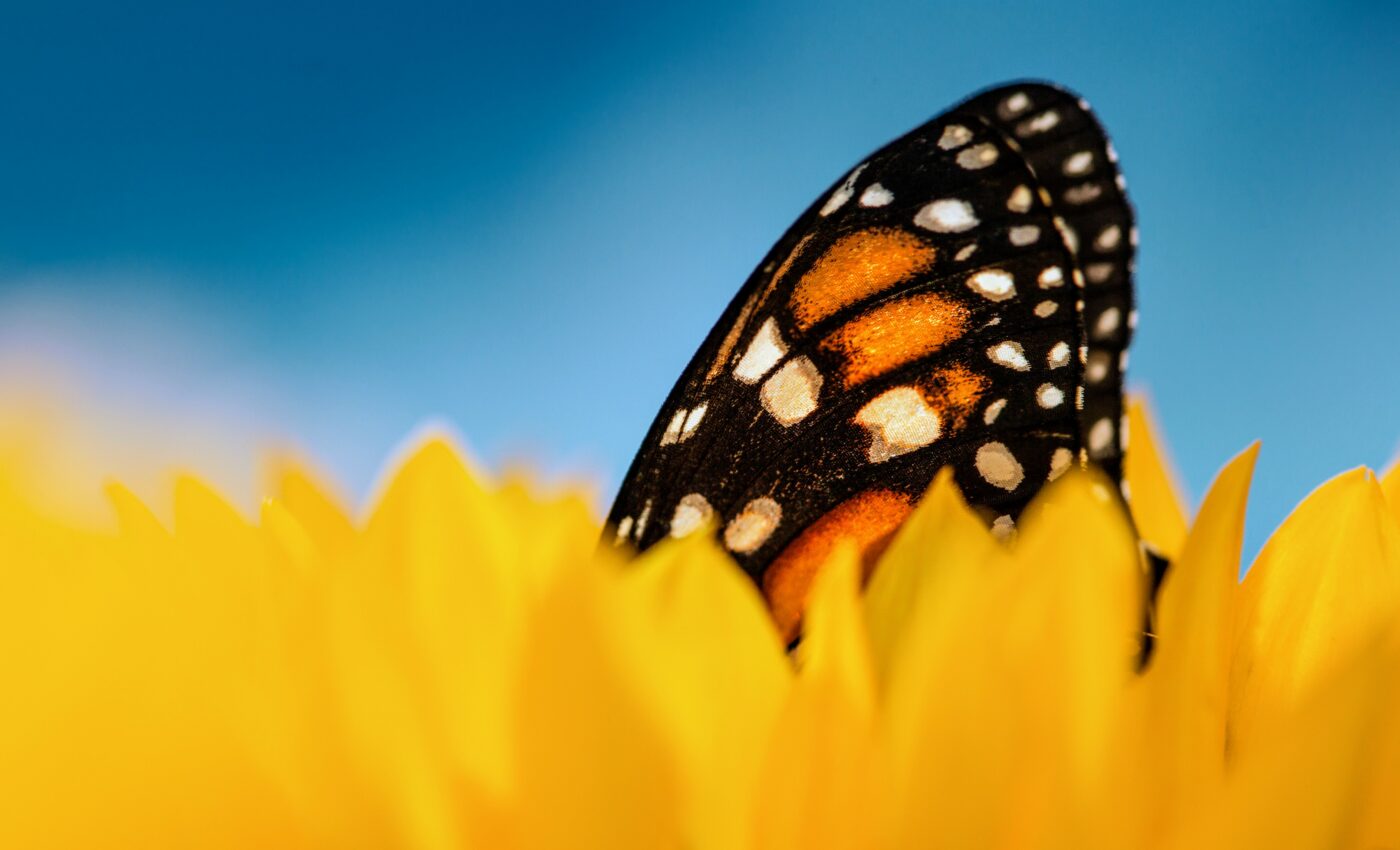
We still don't know the consequences of pollinator declines
Bees, butterflies, beetles, bats, and other pollinators play a critical role in the reproduction of over 75 percent of all food crops and flowering plants. Even though pollinator declines are now noticeable all over the world, the potential consequences are not fully understood.
An international team of experts led by the University of Cambridge has created the first global risk index for pollinators. The research was based on the causes and effects of drastic pollinator declines in six regions worldwide.
The experts report that the global decline of pollinators poses a major threat to billions of dollars in crop productivity, as well as to valuable ecosystem services that support many millions of people.
“What happens to pollinators could have huge knock-on effects for humanity,” said Dr. Lynn Dicks from Cambridge’s Department of Zoology. “These small creatures play central roles in the world’s ecosystems, including many that humans and other animals rely on for nutrition. If they go, we may be in serious trouble.”
According to the study, the top three global causes of pollinator loss are habitat destruction, land management, and widespread pesticide use. Climate change appears to be the fourth greatest factor, but relevant data are limited.
Perhaps the biggest global risk of pollinator declines is a crop pollination deficit, when the quantity and quality of food and biofuel crops.
The experts classified the risk of “crop yield instability” as serious or high across two-thirds of the planet. The effects will be the strongest from Africa to Latin America – where many people rely directly on pollinated crops through small-holder farming.
“Crops dependent on pollinators fluctuate more in yield than, for example, cereals,” said Dr. Dicks. “Increasingly unusual climatic phenomena, such as extreme rainfall and temperature, are already affecting crops. Pollinator loss adds further instability – it’s the last thing people need.”
Dr. Dicks was involved in a previous study in 2016 which suggested that there has been up to a 300 percent increase in pollinator-dependent food production over the past half century, with a market value of up to US$577 billion per year.
Beyond food security, the researchers point to the risk of losing “aesthetic and cultural value.”
“Pollinators have been sources of inspiration for art, music, literature and technology since the dawn of human history,” said Dr. Dicks. “All the major world religions have sacred passages about bees. When tragedy struck Manchester in 2017, people reached for bees as a symbol of community strength.”
“Pollinators are often the most immediate representatives of the natural world in our daily lives. These are the creatures that captivate us early in life. We notice and feel their loss. Where are the clouds of butterflies in the late summer garden, or the myriad moths fluttering in through open windows at night?”
“We are in the midst of a species extinction crisis, but for many people that is intangible. Perhaps pollinators are the bellwether of mass extinction.”
The study indicates that the impacts of pollinator declines on wild plants and fruits pose a serious risk in Africa, Asia-Pacific and Latin America. Across many low-income countries in these regions, rural populations rely on these wild plants for food.
“This study highlights just how much we still don’t know about pollinator decline and the impacts this has on human societies, particularly in parts of the developing world,” study co-author Dr. Tom Breeze of the University of Reading.
“While we have data on how pollinators are doing in regions like Europe, there are significant knowledge gaps in many others. More research is needed on a global level so we can really understand the problems we face, and how we might address them.”
The study is published in the journal Nature Ecology & Evolution.
–—
By Chrissy Sexton, Earth.com Staff Writer













